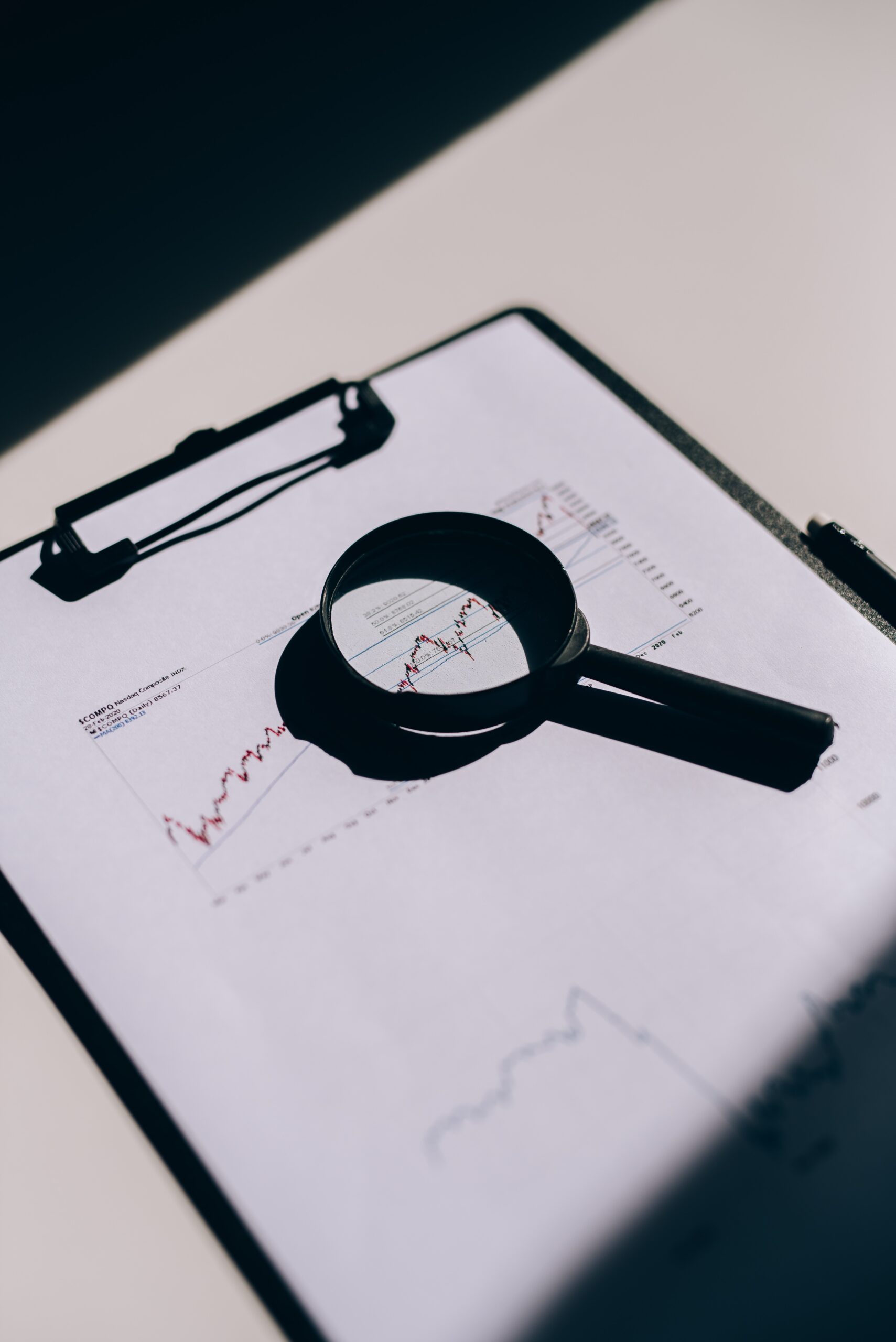What is inflation? Inflation is when prices for goods and services rise. This happens when the money supply grows faster than the economy. The current inflation rate in the United States is 8.26%
What is Inflation?

Inflation is the rate at which prices for goods and services rise. It is measured as the percentage change in a price index, such as the Consumer Price Index (CPI). The CPI measures the prices of a basket of goods and services that are commonly purchased by households.
Inflation is the rate of increase in prices over a given period of time. Inflation is typically a broad measure, such as the overall increase in prices or the increase in the cost of living in a country. But it can also be more narrowly calculated—for certain goods, such as food, or for services, such as a haircut, for example. Whatever the context, inflation represents how much more expensive the relevant set of goods and services has become over a certain period, most commonly a year
Inflation can have both positive and negative effects. On the one hand, it can lead to higher prices for goods and services, which can be a burden for consumers.
What is the current rate of inflation in the United States?

In the United States, the current rate of inflation is 8.5%.As opposed to 8.52% last month and 5.25% last year, the US inflation rate is at 8.26%. The long-term average is 3.26%, therefore this is higher.
How does inflation affect the economy?
Inflation is the rate at which the prices of goods and services rise over time. The effects of inflation can be both good and bad for the economy.Households are worse off when their nominal income doesn’t keep up with inflation because they can only afford to buy a smaller range of goods. This decreases their standard of living, which is approximated by their real income. When real incomes rise, so does the standard of living, and vice versa.
On the one hand, inflation can be a good thing because it encourages people to spend money and stimulates economic activity. On the other hand, inflation can be a bad thing because it can erode the purchasing power of money, leading to higher prices for goods and services.
How can inflation be controlled?
- There are a number of ways that inflation can be controlled, but it depends on the cause of inflation.
- If inflation is caused by an increase in the money supply, then the central bank can raise interest rates or take other measures to tighten the money supply.
- If inflation is caused by an increase in demand, then the government can use fiscal policy to reduce demand.

What are the consequences of inflation?
Inflation can have a number of consequences, both negative and positive. On the negative side, inflation can lead to higher prices for goods and services, which can in turn lead to a decrease in purchasing power. Additionally, inflation can lead to higher interest rates, which can make it more difficult to borrow money.Take an example of retirees whose pension is guaranteed to increase by 5% per year. A pensioner’s purchasing power declines if inflation exceeds 5%. While servicing this loan would be simpler if inflation were greater, as long as the borrower’s income maintains up with inflation, a borrower who pays a fixed-rate mortgage of 5% would profit from 5% inflation since the real interest rate (the nominal rate minus the inflation rate) would be zero. Of course, the lender’s real income falls. Some people’s purchasing power increases and some decreases depending on whether nominal interest rates account for inflation.. Finally, inflation can lead to higher taxes, as the government may try to offset the effects of inflation by increasing taxes. On the positive side, inflation can lead to higher wages,







